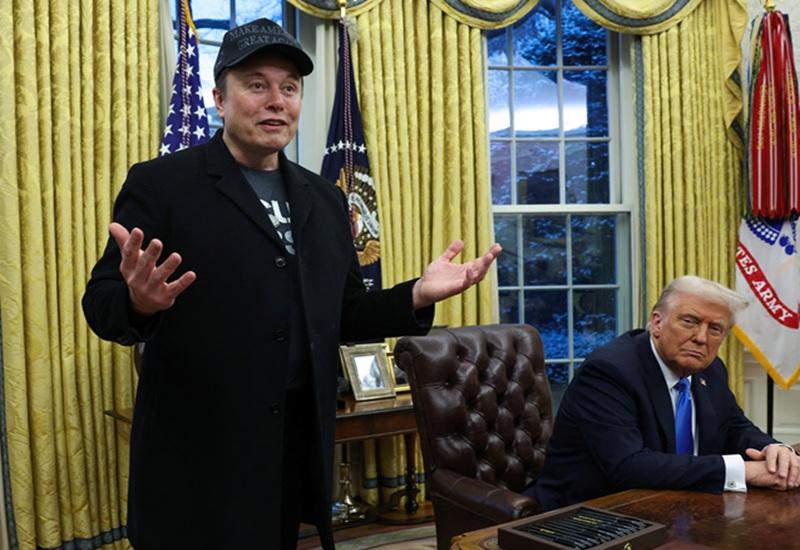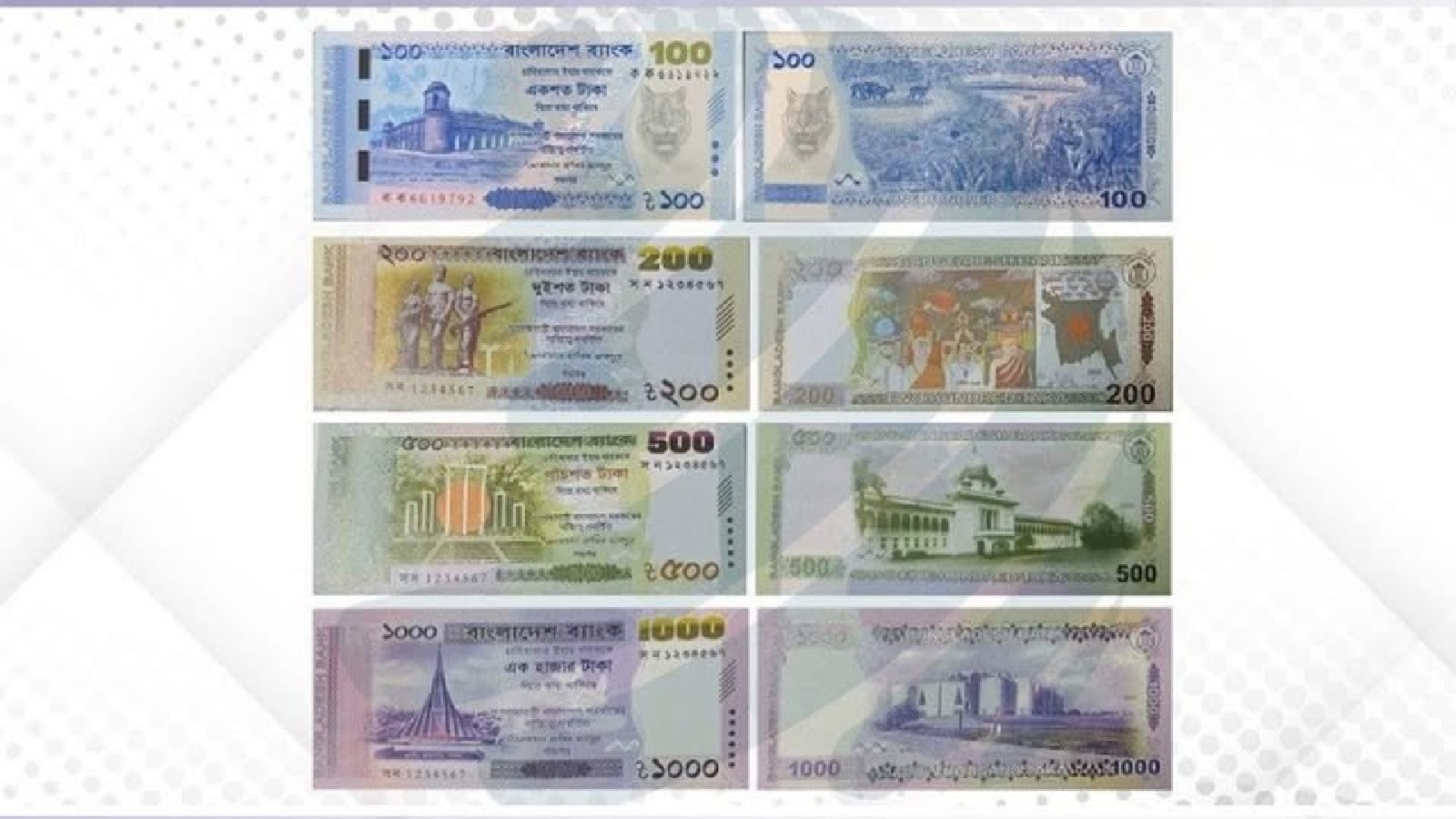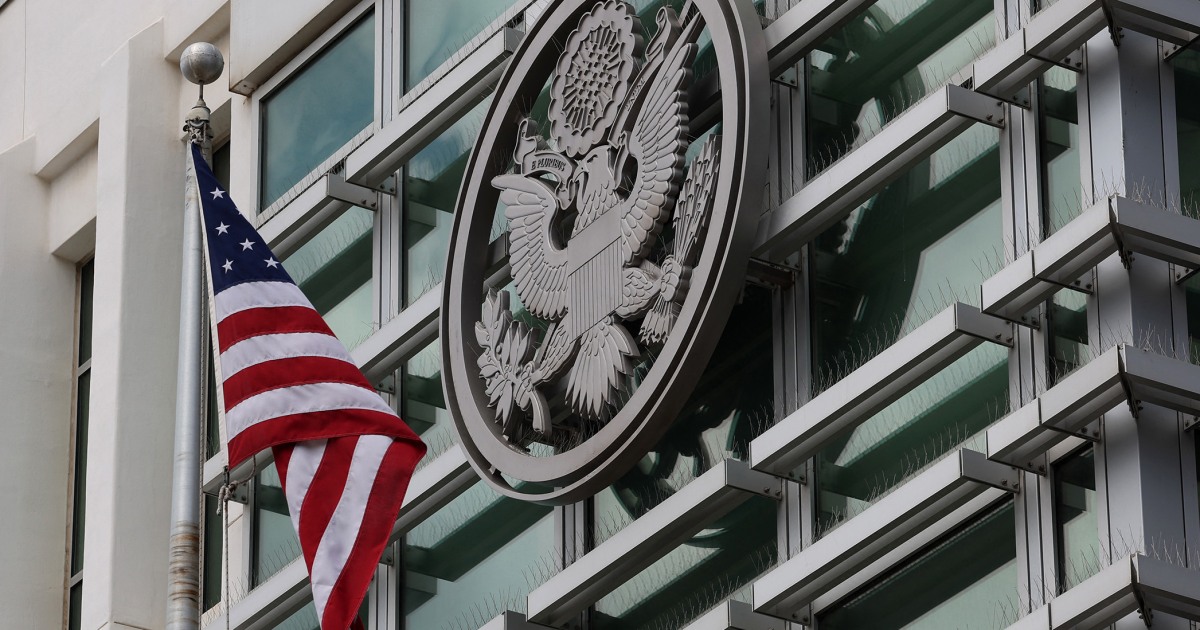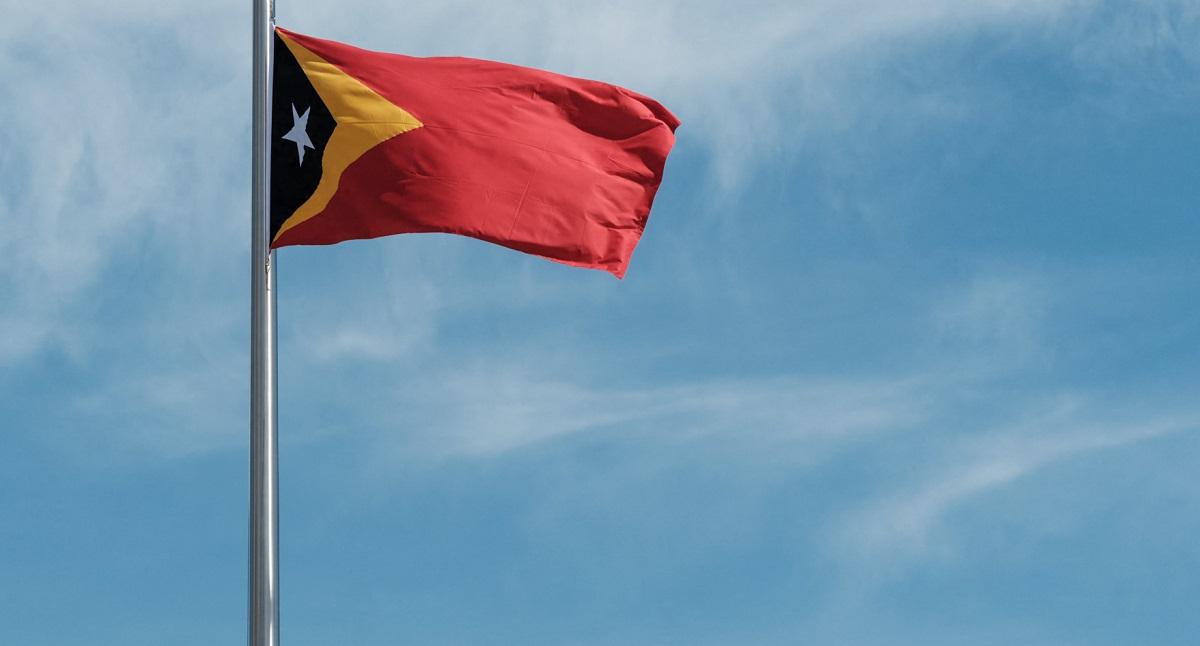Supreme Court Allows Trump Administration to Revoke Protections for Venezuelan Immigrants
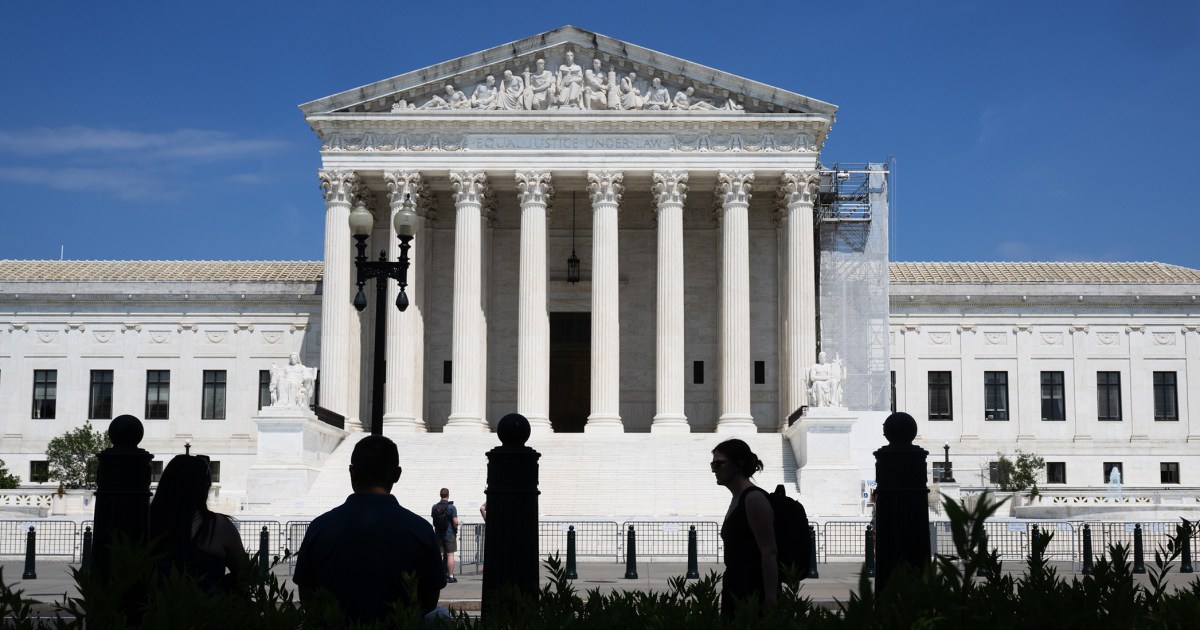
WASHINGTON — In a significant legal development, the Supreme Court on Monday approved an emergency application by the Trump administration, allowing it to revoke the special legal protections that currently safeguard thousands of Venezuelan immigrants in the United States. This ruling could potentially open the door for these individuals to face deportation back to their home country, which has been plagued by serious political turmoil.
The high court's brief order indicated that the application was granted while litigation will continue to unfold in lower courts. Notably, liberal Justice Ketanji Brown Jackson dissented, expressing her belief that the application should have been denied. This decision marks a critical step in a larger legal battle surrounding Temporary Protected Status (TPS) for Venezuelans, a program designed to offer humanitarian relief to those escaping dire conditions in their home countries.
The Biden administration initially designated Venezuelan immigrants for TPS in March 2021, recognizing the severe political instability and humanitarian crisis facing the nation. This designation allows those eligible to reside legally in the United States and secure work authorization for up to 18 months, with potential extensions based on ongoing circumstances in Venezuela.
A key element of the Supreme Court's ruling pertains to a designation issued in October 2023, which was subsequently extended in January 2024, just before Donald Trump assumed office. This designation is set to expire in October 2026. However, the current administration, led by Homeland Security Secretary Kristi Noem, has sought to reverse these protections, aiming to allow them to lapse this year instead.
U.S. District Judge Edward Chen, based in California, previously blocked Noem's efforts, citing that the decision appeared to be influenced by racial animus. He expressed serious concerns regarding the potential consequences for affected immigrants, who would face the risk of “possible imminent deportation” if the protections were lifted.
In the administration's emergency application, Solicitor General D. John Sauer argued that lower courts should not have the authority to review Noem’s decision, claiming it undermined essential executive branch prerogatives. Sauer contended that the court's order unnecessarily complicates crucial immigration policy decisions, which he asserted must be adaptable and responsive to evolving circumstances.
In response to the administration's move, the National TPS Alliance, along with individual Venezuelans, initiated legal challenges. Their legal representatives pointed out that the Trump administration was attempting to bypass judicial scrutiny regarding its authority. They stressed that the legal system should clearly delineate the laws that govern such actions.
The potential impact of Noem's proposed policy changes has raised alarms among advocates, who argue that rescinding TPS would lead to widespread job losses and forced returns to an unsafe environment for many Venezuelans.
This Supreme Court ruling comes just three days after the justices ruled against the Trump administration in another immigration-related case involving Venezuelan detainees. In that separate decision, the court mandated that the administration must provide immigrants with a genuine opportunity to contest their deportation under a wartime law known as the Alien Enemies Act. This series of rulings underscores the ongoing legal struggles surrounding the federal government’s immigration policies, especially regarding vulnerable populations.












